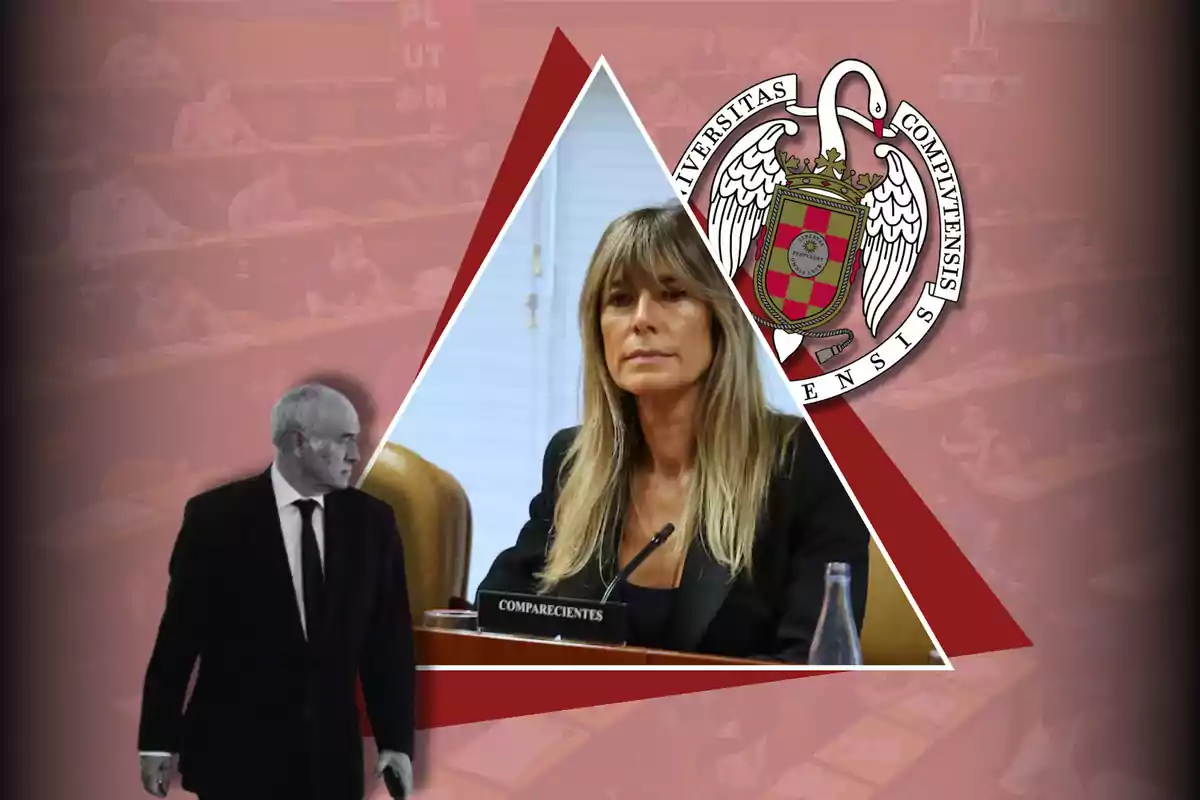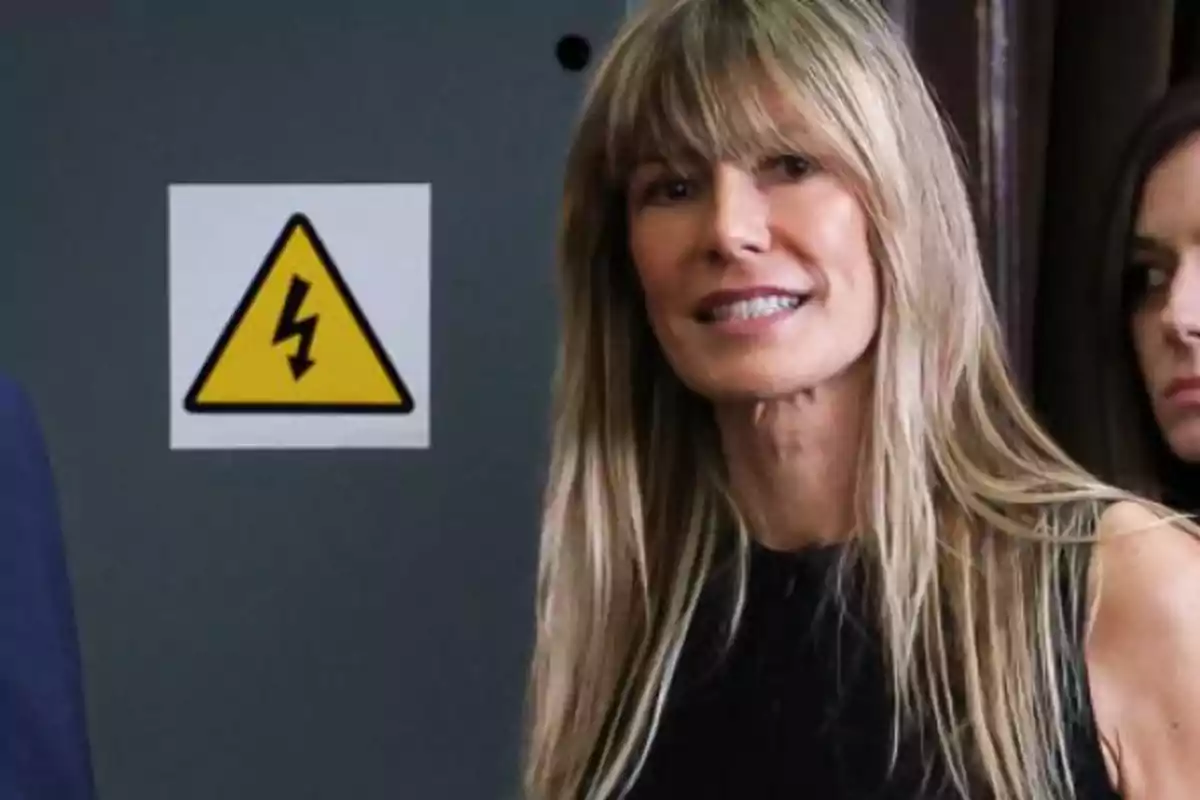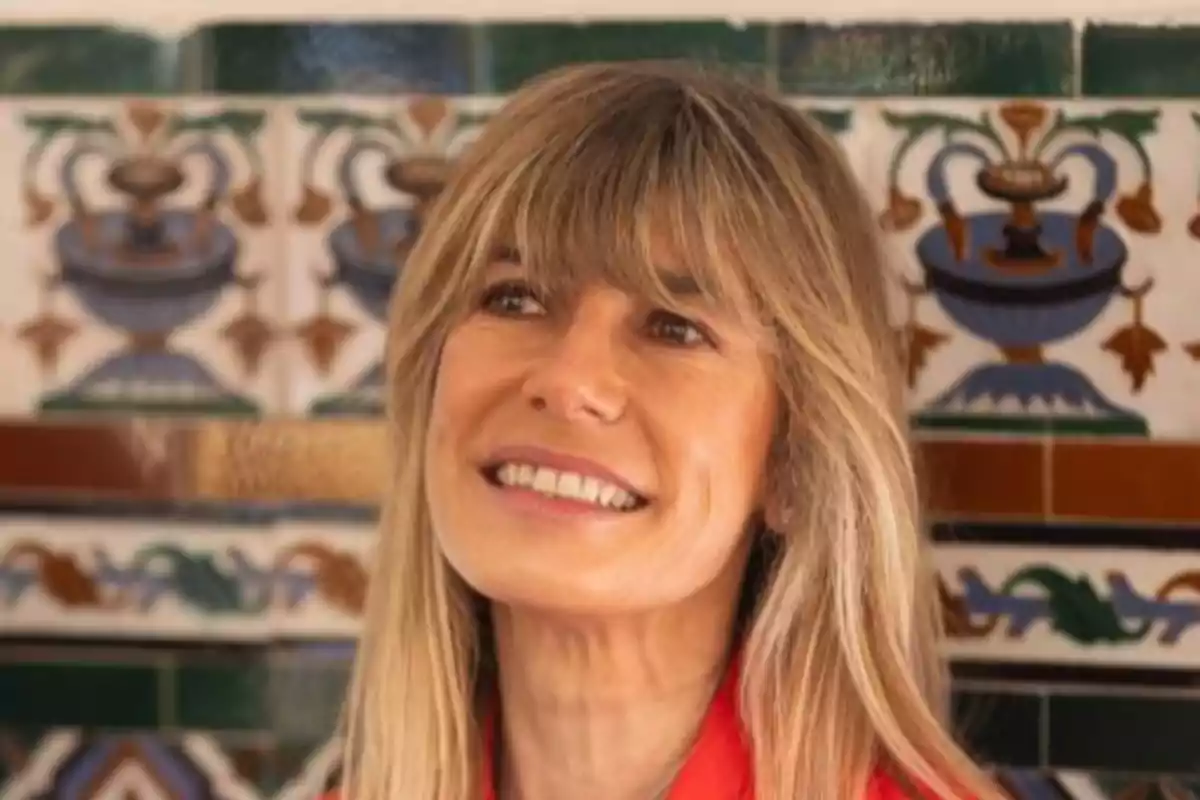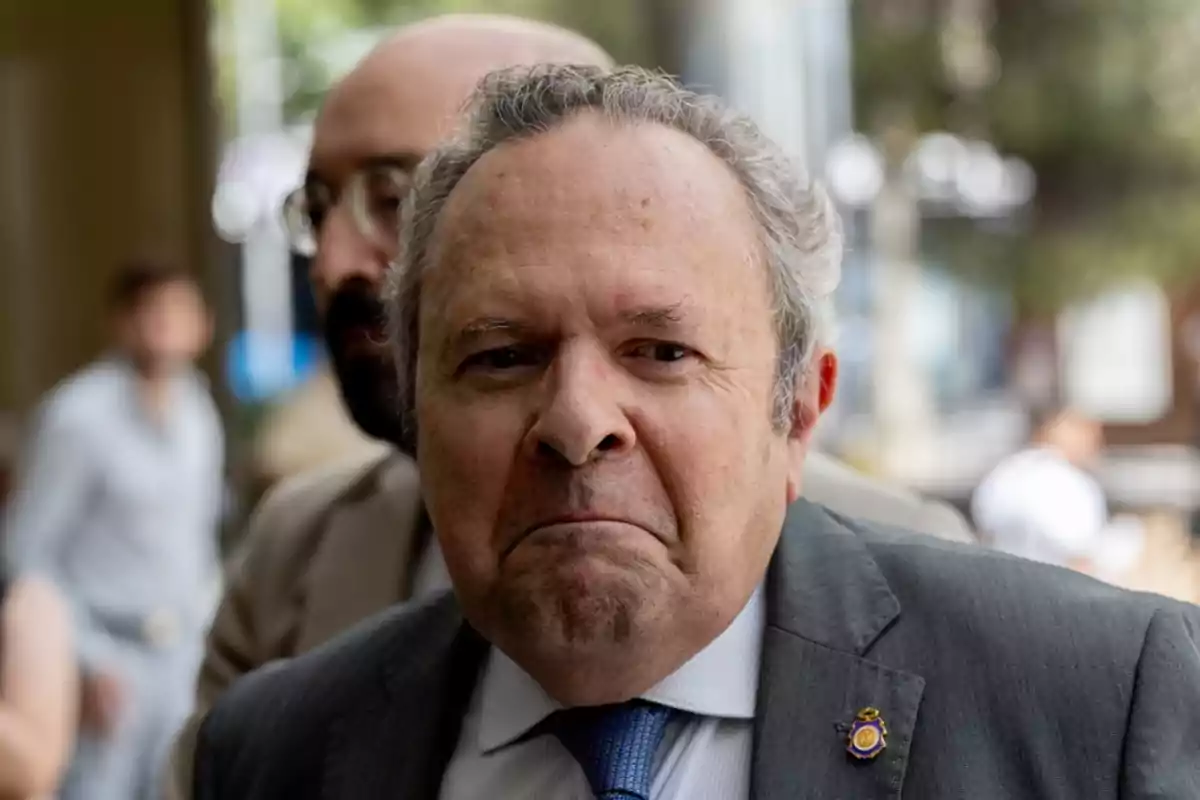
A Revelation From Complutense Exposes Begoña Gómez
Begoña Gómez's legal path becomes increasingly complicated
Begoña Gómez, wife of the President of the Government, Pedro Sánchez, is once again at the center of controversy following a recent revelation from the Complutense University of Madrid. A report from the institution has brought to light that Gómez signed letters of recommendation without notifying the university.
According to the information recently disseminated, Sánchez's wife allegedly issued these letters in favor of businessman Juan Carlos Barrabés. However, the Complutense University had no prior knowledge of these documents nor did it officially endorse them.
This new episode adds to the previous judicial investigations in which Begoña Gómez has been involved, once again generating debate in the political and academic spheres.

Complutense University Has No Record of the Letters of Recommendation Signed by Begoña Gómez
The School of Government of the Complutense, on which the master's programs directed by Begoña Gómez depended, has no record of the letters of recommendation she issued. This, according to information published by OKDIARIO.
In July 2020, Gómez signed two letters of support for businessman Juan Carlos Barrabés, who had ties with her Chair of Competitive Social Transformation. These documents would have served to strengthen Barrabés's position in public contract bids managed by Red.es. Ultimately, the businessman obtained several of these contracts, whose total value exceeded 10 million euros.

In July 2020, Begoña Gómez signed two letters of support for businessman Juan Carlos Barrabés, who had ties with her Chair of Competitive Social Transformation. These documents would have served to strengthen Barrabés's position in public contract bids managed by Red.es. Ultimately, the businessman obtained several of these contracts, whose total value exceeded 10 million euros.
New Twist in the Begoña Gómez Case Following the Statement of the Former Vice-Rector of UCM
The former vice-rector of UCM, Juan Carlos Doadrio, has declared this Wednesday. He was the Rector of Institutional Relations of UCM.
However, Doadrio's words have given a decisive twist to the case of Begoña Gómez's chair. He did so by pointing directly.
Doadrio explained that Goyache literally told him: "We have to create a chair for Begoña Gómez, the president's wife; do you have any objections?" In his intervention before the investigation commission of the Madrid Assembly. The same dedicated to Gómez's programs at UCM, according to EFE, Doadrio stated that he replied that he saw no problem.

As long as "the documents were correct." And indeed, the creation of the extraordinary chair co-directed by Begoña Gómez "was administratively and legally correct." The truth is that he acknowledges that it was not "in terms of procedures."
When questioned by the PP deputy, Mercedes Zarzalejo, Doadrio clarified that he did not feel "pressured" to create the chair. All because he did not receive "threats" of any kind, but he did feel that he was "obliged," given that the rector was his "superior."
He also expressed his surprise at the speed with which it was managed, as if there were "an army of people collaborating." Additionally, he pointed out that the academic report justifying Gómez's suitability to co-direct the chair was provided to him "already prepared." And he adds that it was not signed by anyone.
More posts: